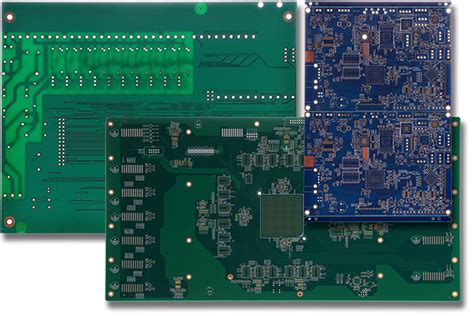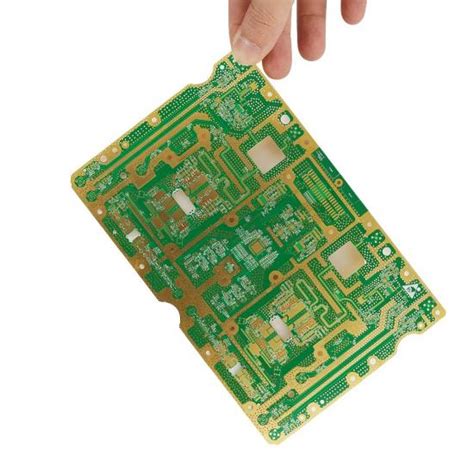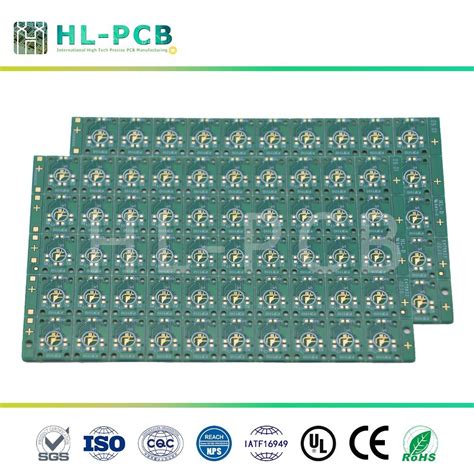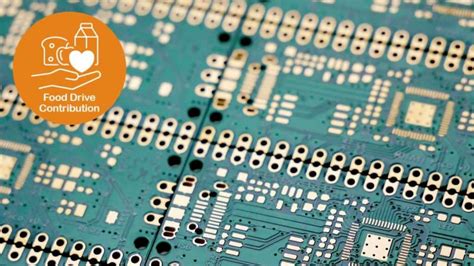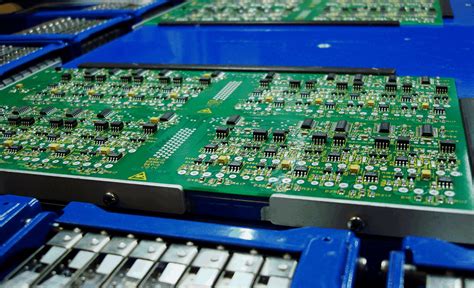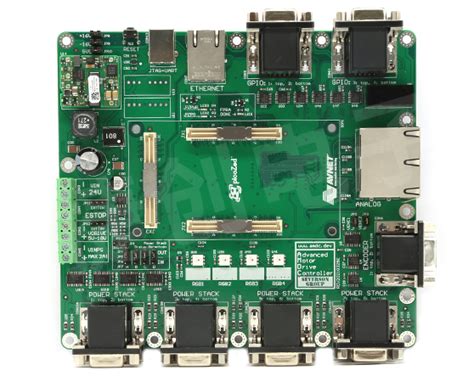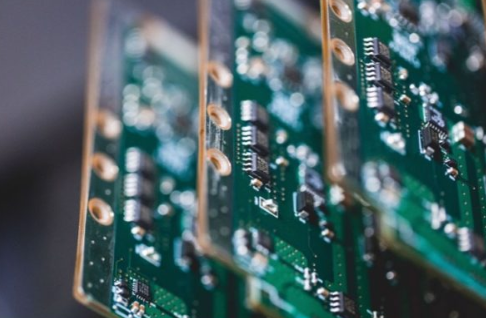The Role and Importance of Custom PCB Manufacturers in Modern Electronics
In the rapidly evolving world of electronics, Printed Circuit Boards (PCBs) are the backbone of virtually every electronic device. From smartphones and laptops to industrial machinery and medical equipment, PCBs are essential for connecting and supporting electronic components. As technology advances, the demand for customized PCBs has grown significantly, leading to the rise of specialized custom PCB manufacturers. These manufacturers play a crucial role in enabling innovation, ensuring quality, and meeting the unique needs of various industries. This article explores the importance of custom PCB manufacturers, their processes, and the benefits they bring to the electronics industry.
1. Understanding Custom PCBs
A PCB is a flat board made of insulating material, such as fiberglass, with conductive pathways etched or printed onto its surface. These pathways, known as traces, connect various electronic components, such as resistors, capacitors, and integrated circuits, to form a functional electronic circuit. While standard PCBs are mass-produced for common applications, custom PCBs are designed and manufactured to meet specific requirements.
Custom PCBs are tailored to the unique needs of a particular project or product. They can vary in size, shape, layer count, material, and complexity, depending on the application. For example, a custom PCB for a medical device might require high reliability and precision, while a PCB for a consumer gadget might prioritize cost-effectiveness and compact design.
2. The Role of Custom PCB Manufacturers
Custom PCB manufacturers specialize in designing, prototyping, and producing PCBs that meet the exact specifications of their clients. Their role extends beyond mere production; they collaborate closely with engineers and designers to ensure that the final product meets performance, reliability, and regulatory standards. Here are some key functions of custom PCB manufacturers:
a. Design and Engineering Support
Custom PCB manufacturers often provide design and engineering support to help clients optimize their PCB layouts. This includes selecting the right materials, determining the appropriate layer count, and ensuring that the design adheres to industry standards. Advanced software tools, such as Computer-Aided Design (CAD) and simulation software, are used to create precise and efficient PCB designs.
b. Prototyping
Before mass production, custom PCB manufacturers create prototypes to test the design’s functionality and performance. Prototyping allows for the identification and correction of any issues, ensuring that the final product meets the desired specifications. Rapid prototyping techniques, such as 3D printing and automated assembly, enable manufacturers to produce prototypes quickly and cost-effectively.
c. Manufacturing and Assembly
Once the design is finalized, custom PCB manufacturers proceed with the production process. This involves several steps, including:
- Material Selection: Choosing the appropriate substrate, copper thickness, and solder mask based on the application.
- Etching: Creating the conductive traces by removing excess copper from the board.
- Drilling: Drilling holes for through-hole components and vias.
- Plating: Applying a thin layer of metal to the holes to ensure electrical connectivity.
- Solder Mask Application: Coating the board with a protective layer to prevent short circuits.
- Silkscreen Printing: Adding labels and identifiers to the board for easier assembly and troubleshooting.
- Component Assembly: Mounting and soldering electronic components onto the board, either through Surface Mount Technology (SMT) or Through-Hole Technology (THT).
d. Quality Control and Testing
Quality control is a critical aspect of custom PCB manufacturing. Manufacturers employ various testing methods, such as Automated Optical Inspection (AOI), X-ray inspection, and functional testing, to ensure that the PCBs meet the required standards. Any defects or inconsistencies are identified and corrected before the boards are shipped to the client.
e. Regulatory Compliance
Custom PCB manufacturers must ensure that their products comply with relevant industry standards and regulations, such as RoHS (Restriction of Hazardous Substances) and IPC (Association Connecting Electronics Industries) standards. Compliance with these regulations is essential for ensuring the safety, reliability, and environmental sustainability of the PCBs.
3. Benefits of Working with Custom PCB Manufacturers
Collaborating with custom PCB manufacturers offers several advantages for businesses and engineers:
a. Tailored Solutions
Custom PCB manufacturers provide tailored solutions that meet the specific needs of a project. Whether it’s a high-density interconnect (HDI) PCB for a compact device or a flexible PCB for a wearable gadget, manufacturers can accommodate a wide range of requirements.
b. Cost-Effectiveness
While custom PCBs may have higher upfront costs compared to standard PCBs, they can be more cost-effective in the long run. Custom designs optimize the use of materials and reduce waste, leading to lower production costs. Additionally, custom PCBs can improve the performance and reliability of the final product, reducing the need for repairs and replacements.
c. Faster Time-to-Market
Custom PCB manufacturers often have streamlined processes and advanced equipment that enable them to produce PCBs quickly. Rapid prototyping and efficient production techniques help businesses bring their products to market faster, giving them a competitive edge.
d. Access to Expertise
Custom PCB manufacturers have extensive experience and expertise in PCB design and production. They can provide valuable insights and recommendations to improve the design, performance, and manufacturability of the PCB.
e. Scalability
Custom PCB manufacturers can scale production to meet the needs of different projects, from small batches for prototyping to large-scale production for mass-market products. This scalability ensures that businesses can meet demand without compromising on quality.

4. Applications of Custom PCBs
Custom PCBs are used in a wide range of industries and applications, including:
a. Consumer Electronics
Smartphones, tablets, laptops, and gaming consoles all rely on custom PCBs to deliver high performance in compact form factors. Custom PCBs enable manufacturers to incorporate advanced features, such as high-speed connectivity and energy efficiency, into their products.
b. Automotive
Modern vehicles are equipped with numerous electronic systems, such as engine control units, infotainment systems, and advanced driver-assistance systems (ADAS). Custom PCBs are essential for ensuring the reliability and performance of these systems in harsh automotive environments.
c. Medical Devices
Medical devices, such as pacemakers, imaging equipment, and diagnostic tools, require highly reliable and precise PCBs. Custom PCB manufacturers work closely with medical device companies to produce PCBs that meet stringent regulatory requirements and ensure patient safety.
d. Industrial Automation
Industrial machinery and automation systems rely on custom PCBs for control, monitoring, and communication. Custom PCBs designed for industrial applications must withstand extreme conditions, such as high temperatures, vibrations, and exposure to chemicals.
e. Aerospace and Defense
Aerospace and defense applications demand PCBs that can operate reliably in extreme environments, such as high altitudes, radiation, and temperature fluctuations. Custom PCB manufacturers produce high-reliability PCBs that meet the rigorous standards of these industries.
5. Choosing the Right Custom PCB Manufacturer
Selecting the right custom PCB manufacturer is crucial for the success of any project. Here are some factors to consider when choosing a manufacturer:
a. Experience and Expertise
Look for a manufacturer with a proven track record and extensive experience in producing custom PCBs for your industry. Experienced manufacturers are more likely to understand your specific requirements and deliver high-quality products.
b. Capabilities and Technology
Ensure that the manufacturer has the necessary capabilities and technology to produce the type of PCB you need. This includes advanced equipment for high-density interconnects, flexible PCBs, and multi-layer boards.
c. Quality Assurance
Choose a manufacturer with robust quality control processes and certifications, such as ISO 9001 and IPC standards. This ensures that the PCBs meet the required quality and reliability standards.
d. Customer Support
Good customer support is essential for a smooth collaboration. Look for a manufacturer that offers responsive and knowledgeable support throughout the design, prototyping, and production process.
e. Cost and Lead Time
While cost is an important factor, it should not be the sole consideration. Evaluate the manufacturer’s pricing in relation to the quality and lead time they offer. A manufacturer that provides a good balance of cost, quality, and speed is ideal.
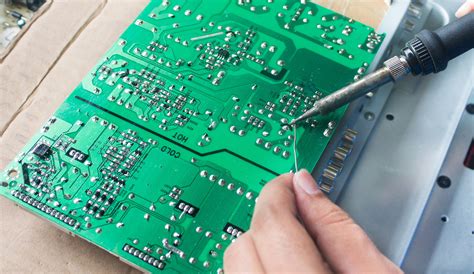
6. The Future of Custom PCB Manufacturing
The future of custom PCB manufacturing is shaped by several trends and advancements:
a. Miniaturization
As electronic devices become smaller and more compact, the demand for miniaturized PCBs with high-density interconnects is growing. Custom PCB manufacturers are investing in advanced technologies, such as laser drilling and microvia formation, to meet this demand.
b. Flexible and Rigid-Flex PCBs
Flexible and rigid-flex PCBs are gaining popularity in applications where space and weight are critical, such as wearable devices and aerospace. Custom PCB manufacturers are developing new materials and techniques to produce these complex boards.
c. Sustainability
Environmental sustainability is becoming a key focus in the electronics industry. Custom PCB manufacturers are adopting eco-friendly practices, such as using lead-free materials and reducing waste, to minimize their environmental impact.
d. Smart Manufacturing
The integration of smart manufacturing technologies, such as the Internet of Things (IoT) and artificial intelligence (AI), is transforming custom PCB production. These technologies enable real-time monitoring, predictive maintenance, and process optimization, leading to higher efficiency and quality.
Conclusion
Custom PCB manufacturers play a vital role in the electronics industry by providing tailored solutions that meet the unique needs of various applications. Their expertise, advanced technologies, and commitment to quality enable businesses to innovate and bring high-performance products to market. As technology continues to evolve, custom PCB manufacturers will remain at the forefront of driving progress and shaping the future of electronics. Whether you’re developing a cutting-edge consumer gadget or a mission-critical aerospace system, partnering with a reliable custom PCB manufacturer is essential for achieving success in today’s competitive landscape.

